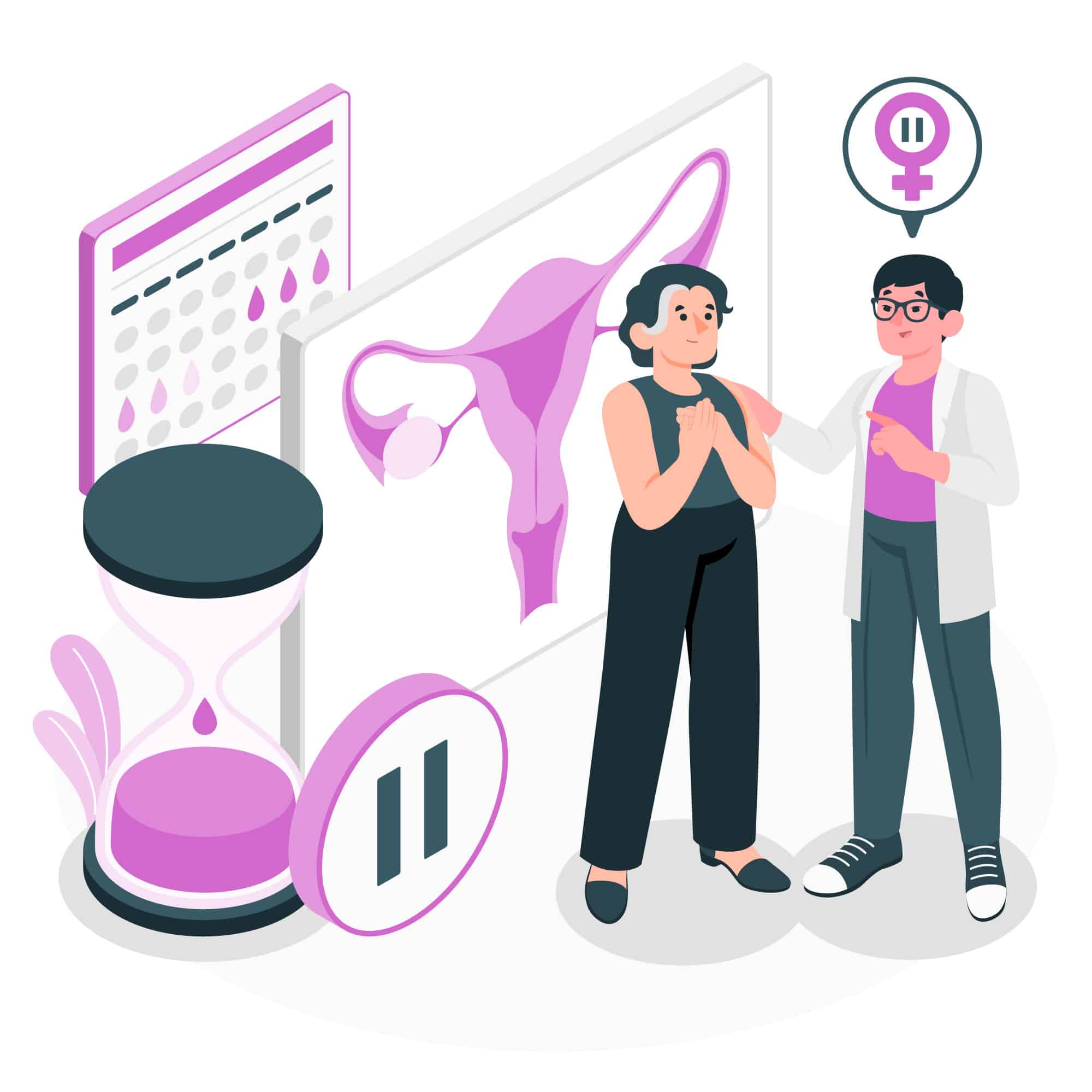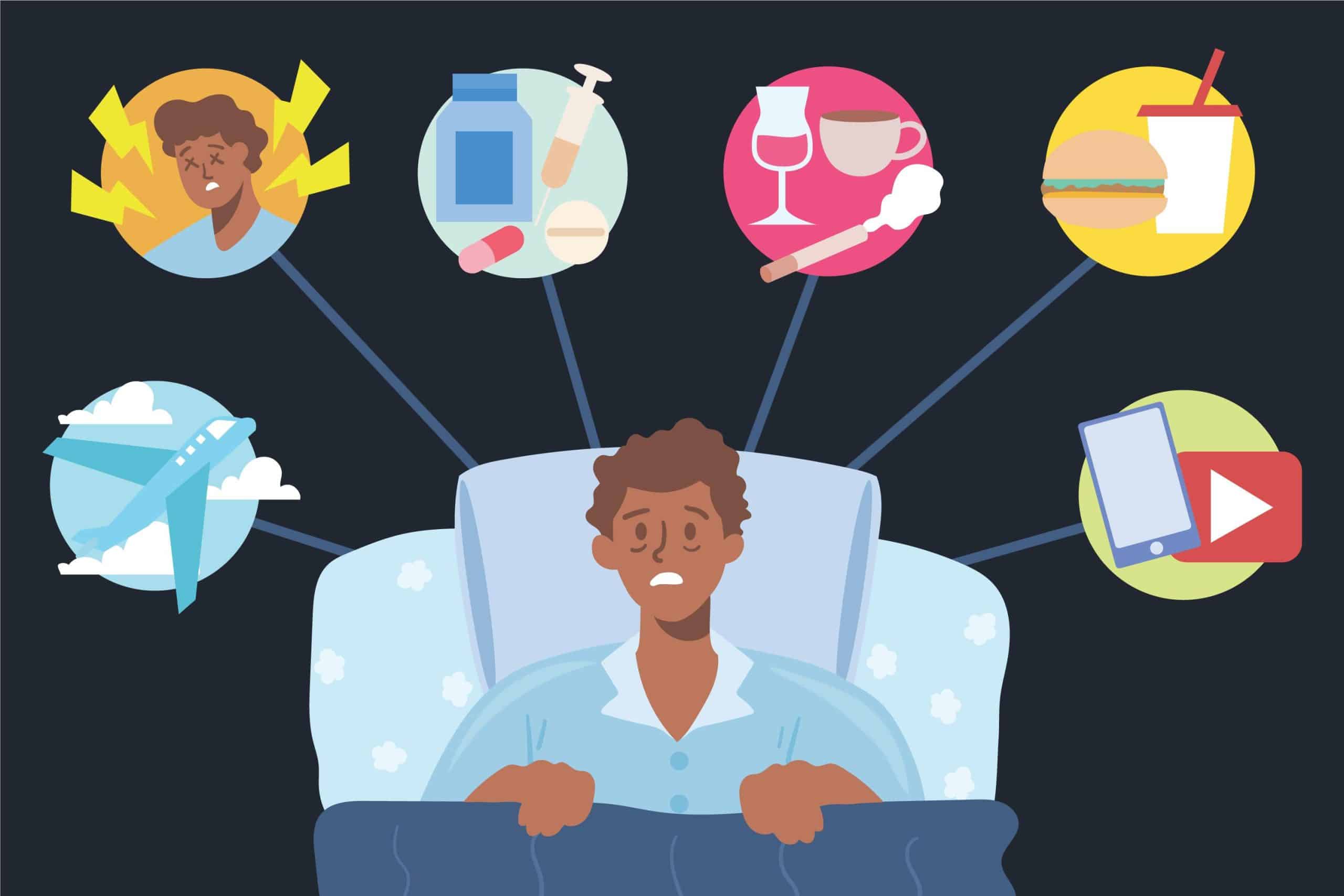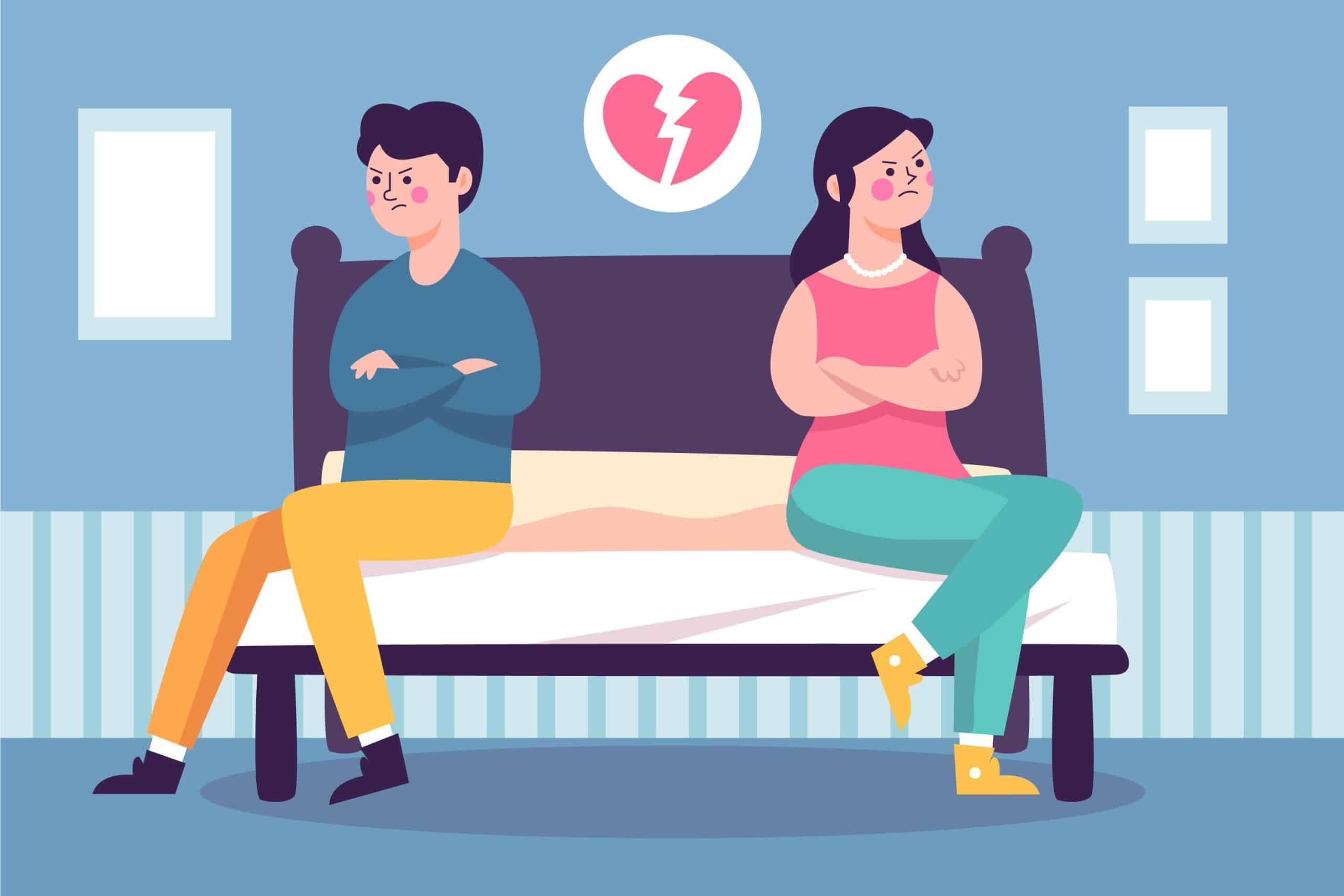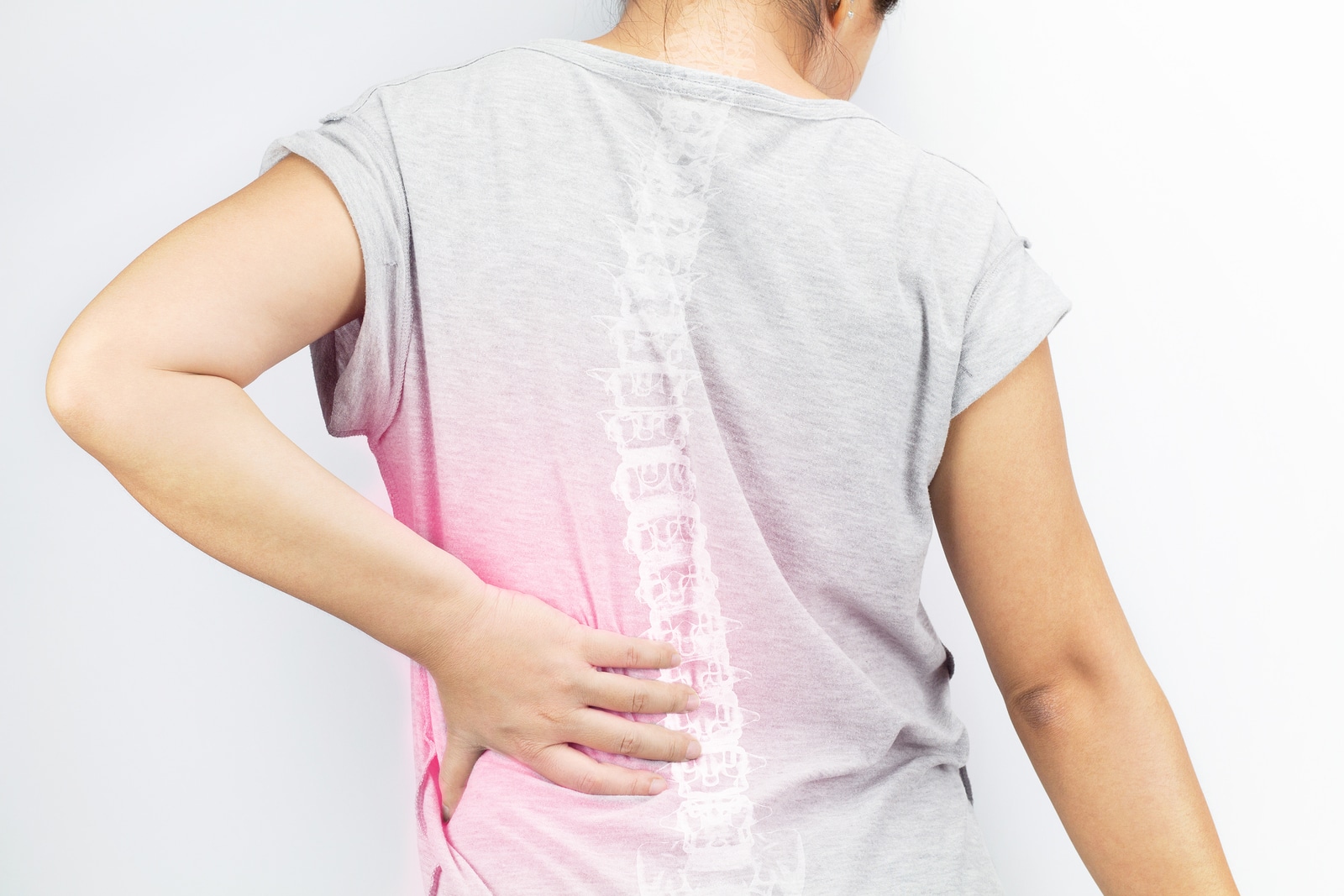Midlife Crisis: Hormones, Heartaches, and Hope
Do you feel like you are going through a Midlife crisis? You may be experiencing significant life changes and emotional turmoil when hormones are fluctuating in perimenopause or declining in early menopause or menopause. These feeling of being in crisis, irritable, tired, out of control or not like yourself anymore may be due to hormone imbalances.
These issues are a complex interplay of various factors, including psychological, social, and emotional aspects and not just due to hormones alone. However, hormone fluctuations and declines can contribute to some of the physical and emotional changes experienced during perimenopause or menopause or middle age, which may, in turn, influence one’s perception of a midlife crisis.
Ages 35-44 is considered early middle age and late middle age is defined as 45-65. Hormones start to change as early as mid-thirties and is associated with anxiety, irritability, impatience, insomnia, weight gain and other physical and emotional symptoms.
Here are some ways in which hormones can play a role:
1. Hormonal Changes:
Hormonal fluctuations, such as those experienced during perimenopause and menopause in women or andropause (sometimes referred to as “male menopause”) in men, can lead to physical symptoms like hot flashes, mood swings, and changes in libido and the development of anxiety and depression. These physical and mental symptoms can contribute to emotional distress and feelings of unease.1–3

2. Sleep Disruption:
Hormonal and weight changes in midlife can disrupt sleep patterns, leading to fatigue and irritability, which can exacerbate emotional stress and contribute to a sense of crisis. Other sleep disorders, like sleep-disordered breathing and restless legs syndrome, become occur more frequently in midlife and especially after menopause. 4 These can wreak havoc with your sleep and make daily functioning difficult and contributes to irritability, mental fog and fatigue.

Read Also: Your Hormones: Key to a Good Night’s Sleep
3. Self-Image and Identity:
Middle age often prompts individuals to reflect on their life choices, goals, and accomplishments. There is the stark reality for those in the middle of life, who are often faced with juggling multiple responsibilities and dealing with emerging physical and cognitive signs of aging. They may experience a good deal of stress trying to handle it all. Hormonal changes can affect one’s self-image, and these shifts in self-perception can be emotionally challenging.5

4. Relationships:
Hormonal changes can impact one’s interpersonal relationships. For example, decreased libido or mood swings may affect intimate relationships, leading to feelings of dissatisfaction or crisis in those areas.2,6,7

5. Stress Response:
Hormones, particularly cortisol (the stress hormone), can influence how individuals respond to stressors. Hormonal imbalances or changes can make you feel stressed and like you just can’t cope anymore, and don’t bounce back quickly.8

Midlife Crisis
It’s important to note that not everyone experiences a midlife crisis, and those who do experience it can have varying degrees of intensity and duration. Additionally, midlife crises can manifest differently in different people. While some may make impulsive decisions or engage in behavior that seems out of character, others may use this period for introspection and positive life changes.
The concept of a midlife crisis is not universally accepted within the field of psychology, and it’s important to view these life changes and challenges through a holistic lens. Factors such as life events, personal history, and societal expectations also play a significant role in how individuals navigate middle age.
If you or someone you know is struggling with emotional or psychological challenges during middle age, seek support and have your hormones evaluated. A holistic approach is essential to get to the root cause and balancing your hormones can have a very positive effect on mood, energy, weight, psychological health and wellbeing as well as libido and self-esteem. Take TheFemaleHormoneQuiz.com to determine what hormone may be affecting you the most and what to do about it.
References
- Santoro N. Perimenopause: From Research to Practice. J Womens Health 2002. 2016;25(4):332-339. doi:10.1089/jwh.2015.5556
- Alblooshi S, Taylor M, Gill N. Does menopause elevate the risk for developing depression and anxiety? Results from a systematic review. Australas Psychiatry Bull R Aust N Z Coll Psychiatr. 2023;31(2):165-173. doi:10.1177/10398562231165439
- Burger HG, Dudley EC, Robertson DM, Dennerstein L. Hormonal changes in the menopause transition. Recent Prog Horm Res. 2002;57:257-275. doi:10.1210/rp.57.1.257
- Polo-Kantola P. Sleep problems in midlife and beyond. Maturitas. 2011;68(3):224-232. doi:10.1016/j.maturitas.2010.12.009
- Lachman ME, Teshale S, Agrigoroaei S. Midlife as a Pivotal Period in the Life Course: Balancing Growth and Decline at the Crossroads of Youth and Old Age. Int J Behav Dev. 2015;39(1):20-31. doi:10.1177/0165025414533223
- Thomas HN, Hamm M, Hess R, Borrero S, Thurston RC. “I want to feel like I used to feel”: A qualitative study of causes of low libido in postmenopausal women. Menopause N Y N. 2020;27(3):289-294. doi:10.1097/GME.0000000000001455
- Wharton W, Gleason CE, Olson SRMS, Carlsson CM, Asthana S. Neurobiological Underpinnings of the Estrogen – Mood Relationship. Curr Psychiatry Rev. 2012;8(3):247-256. doi:10.2174/157340012800792957
- Saez-Sanz N, Peralta-Ramirez I, Gonzalez-Perez R, Vazquez-Justo E, Caracuel A. Resilience, Stress, and Cortisol Predict Cognitive Performance in Older Adults. Healthcare. 2023;11(8):1072. doi:10.3390/healthcare11081072





She is a recognized and award-winning holistic, functional, integrative and anti-aging healthcare practitioner, speaker and author, and has been featured in ABC News, Forbes, WOR Radio and many media outlets to spread the word that you can live younger and healthier at any age.